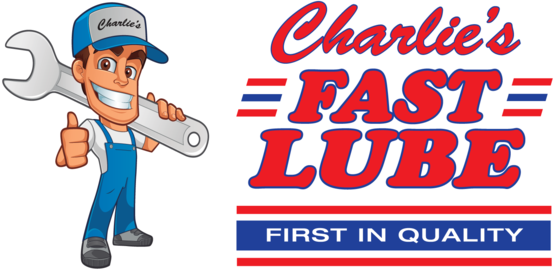PCV Valve: What Is It?
July 23, 2023
Most Sikeston drivers know something about preventive maintenance on a vehicle. We know we should routinely replace the oil and wiper blades and other fluids. But have you heard of a PCV valve ? This little car part needs to be replaced regularly or it can cause some serious problems in your vehicle engine.
PCV stands for Positive Crankcase Ventilation. The crankcase holds your motor oil and is located at the bottom of your engine.
When fuel is burned in your engine, it produces waste gases that are mostly vented out through your exhaust system. But some of these gases push their way past the pistons and into the crankcase. There, these gases can mix with motor oil to produce oil sludge, which can damage vehicle engine parts through corrosion and by clogging engine passages. Sikeston vehicle owners should be advised that if the engine is running at high speeds, these gases can also cause pressure inside the crankcase to build up. This pressure, in turn, can blow gaskets and damage seals, leading to oil leaks.
The waste gases that leave the engine are comprised of about 70% unburned fuel. They used to be vented off the crankcase into the atmosphere. But starting in 1964, laws mandated that these gases be recaptured. Manufacturers began installing PCV systems, which recycled the gases into the air intake system where they could be mixed with fuel and sent to the engine to be burned.
The PCV valve is a one-way valve attached to the crankcase. Waste gases exit the crankcase through the valve but cannot enter.
Over time, the waste gases leave deposits on the PCV valve that can gum it up. So it needs to be replaced occasionally. This is an inexpensive part of preventive maintenance that is often overlooked, but which can have very expensive consequences. It's good auto advice to keep this little valve clean and working well.
In order to maintain efficient circulation, the PCV system also has a breather tube that allows clean air to enter the crankcase. This air is usually filtered through the engine air filter. But some vehicles have a separate air filter for the breather tube called the breather element. If this is the case with your vehicle, proper maintenance of the PCV will include replacing this element. To find out whether your vehicle has this type of PCV system, check your owner's manual or ask your service advisor at Charlie's Fast Lube Sikeston.
The PCV system reduces harmful vehicle emissions. The maintenance it requires is simple and inexpensive at Charlie's Fast Lube Sikeston. A fouled or damaged PCV system can lead to serious engine damage for Sikeston drivers.
Let's all learn to practice good car care. It's good for our wallets, and it's good for our Missouri environment.
Charlie's Fast Lube Sikeston
2017 E. Malone
Sikeston, Missouri 63801
573-472-1139
http://www.charliesfastlubesikeston.com
Need Service?
More articles from Charlie's Fast Lube Sikeston

T for Transmission, T for Trouble (Automatic Transmission Trouble Signs)
February 1, 2026
One of the hardest working components of your vehicle is its transmission, shifting gears up and down when you need it to. The transmission is vital to your vehicle driving properly, and if you start to see signs of problems in it, its best to have them fixed earlier rather than later. (Since ne... More

In That Case? (Transfer Case Exchange)
January 25, 2026
Ever wonder how all-wheel-drive or 4-wheel-drive vehicles get the power from the engine to the front and rear wheels? The magic happens in what's called a transfer case. In some all-wheel-drive vehicles, it's sometime called a power take-off unit, or PTU. Inside the transfer case is a set of gea... More

In the Red (Why a Vehicle Overheats)
January 18, 2026
Heat is one thing that can damage a vehicle, especially if a problem isnt taken care of soon. Be on the lookout for signs that its getting too hot in some parts of your vehicle, starting with the most obvious one: the heat gauge/warning light on your instrument panel. When you see that heat gaug... More










